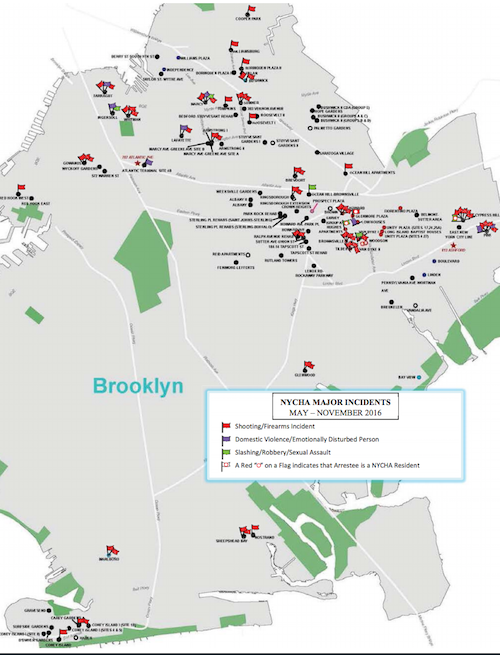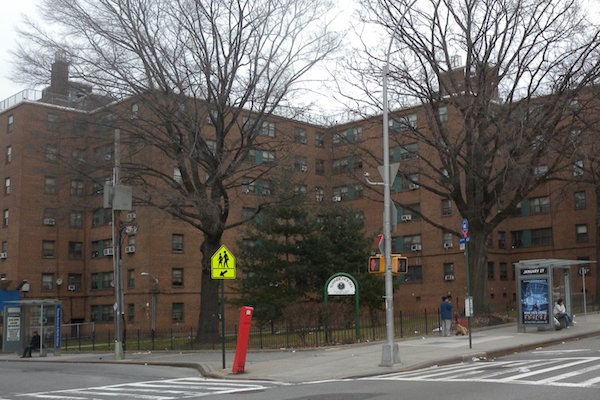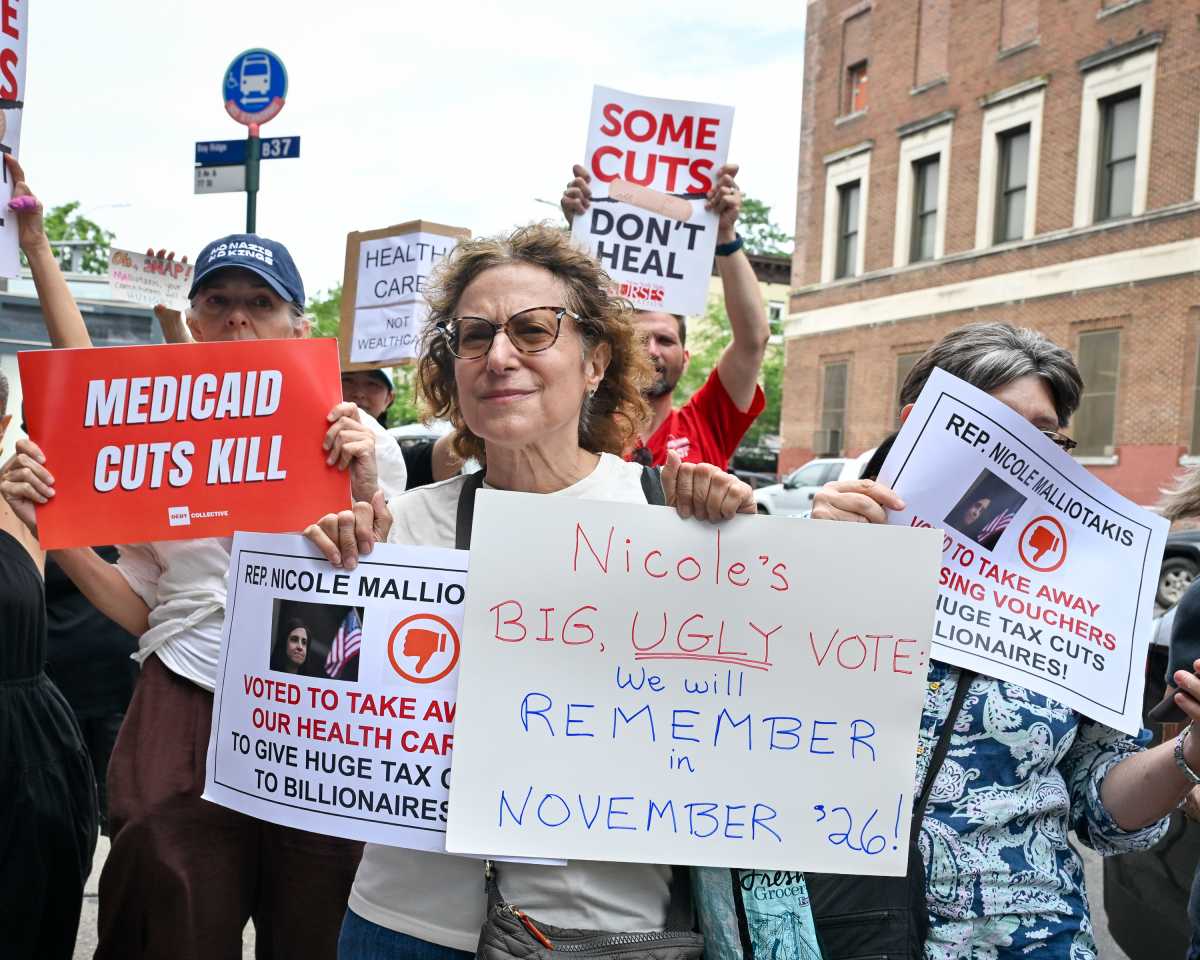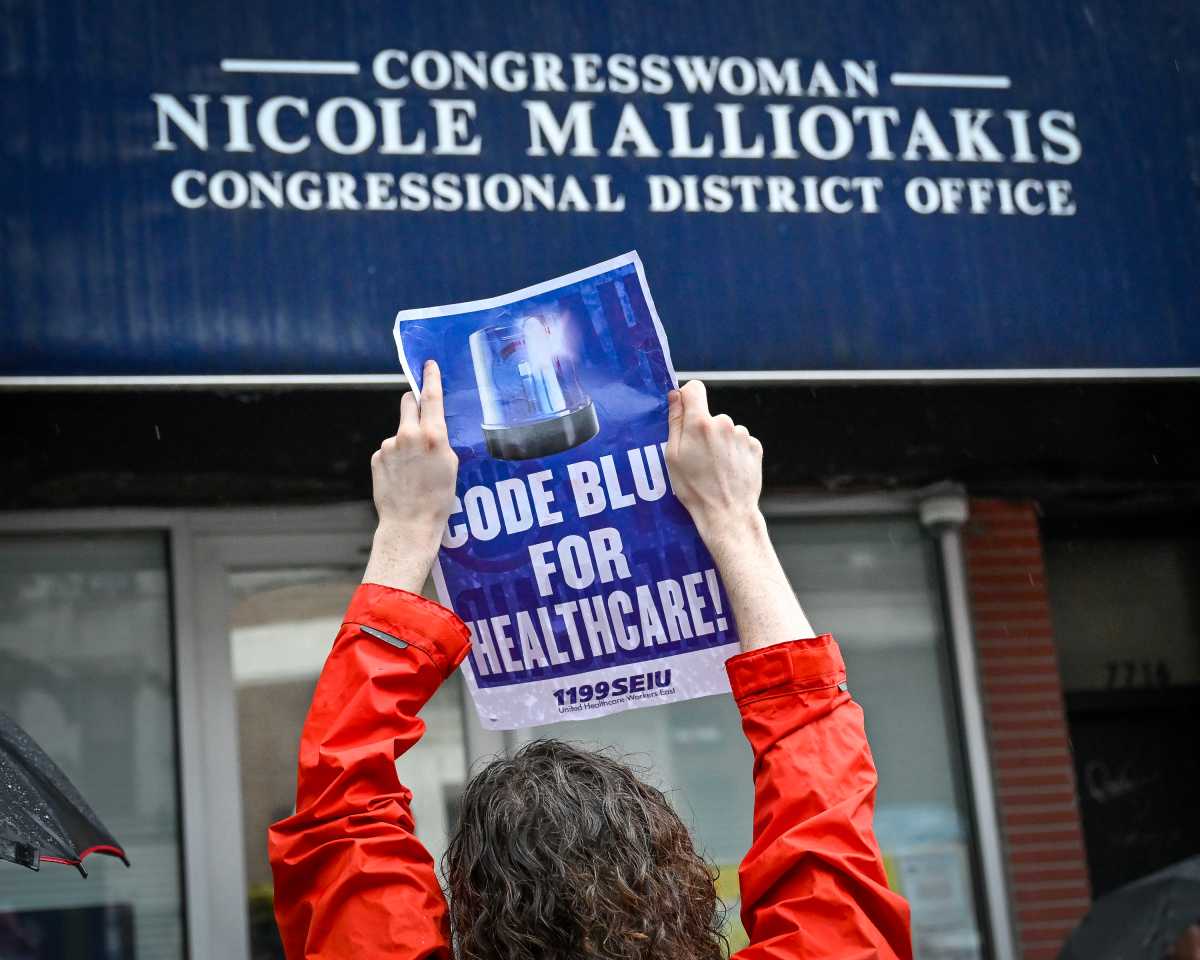In a new scathing Department of Investigations (DOI) report, the City’s Housing Authority (NYCHA) is accused of failing to deliver on its promise to control violent and narcotics crime in public housing by removing criminal offenders from NYCHA developments in order to protect public safety.
The new investigation was a follow-up to a 2015 report in which the DOI set out reforms and improvements to address these vulnerabilities in NYCHA in order to make housing developments safer for residents.
The report finds that while NYPD’s information sharing with NYCHA has improved significantly, NYCHA is still failing to enforce, and has even overlooked repeated violations of its’ policies to remove criminal offenders. Specifically, the report found numerous examples in which NYCHA was advised of resident arrests for violent or other serious crimes, but failed to pursue its lawful options including, if necessary, tenancy termination action to a hearing to seek eviction.
“NYCHA has an obligation to protect the residents of its buildings. Its failure to do so, even after DOI’s Report in 2015, is inexcusable. Unlike other concerns at NYCHA, this is not the result of underfunding or lack of tools. Rather it is a repeated failure to act decisively long after a problem and solution have been well documented,” said DOI Commissioner Mark G. Peters.
 Some of the findings in the report include:
Some of the findings in the report include:
- NYPD increased reporting of resident arrests for crimes committed on NYCHA property by 79%. However, the NYPD did not advise NYCHA of many arrests of NYCHA residents for crimes committed off of NYCHA property as required by the MOU (Memorandum of Understanding).
- NYCHA is still failing to seek evictions for tenants who are knowingly sheltering dangerous criminal offenders, settling 32% of tenancy termination cases in 2016 through Permanent Exclusion and bringing only 1% of cases to a hearing for possible eviction.
- DOI identified numerous resident arrests involving shootings, narcotics, gang-related activities and other serious crimes where tenants knew or should have known about the threat and NYCHA failed to bring these cases to a hearing to seek eviction.
- NYCHA is still not taking strong enforcement action when tenants violate Permanent Exclusion. DOI evaluated cases in which investigators found excluded household members in a NYCHA apartment and where NYCHA brought tenancy termination charges based on the violation, and found in 64% of cases NYCHA settled with another Permanent Exclusion agreement rather than take action to seek eviction. In just 6% of cases, NYCHA pursued a hearing for eviction proceedings.
City Councilman and Brooklyn District Attorney Candidate Vincent Gentile (D-Bay Ridge, Dyker Heights) noted that as crime rates have continued to reduce citywide, NYCHA has fallen behind in rooting out the most violent criminal offenders of shootings, gang-related activity, narcotics sales, sex offenses, and other serious crimes.
“NYCHA’s noncompliance to policy and procedural recommendations fails to protect its residents and enforces its Permanent Exclusion policy, thus jeopardizing public safety at public housing. Both NYPD and NYCHA must take more proactive steps in preventing the concentration of dangerous violent crimes that pose a threat to residents,” said Gentile.
But one of the authors of the research cited in the DOI report, believes that the problem is more of finding a balance between keeping at-risk families sheltered while appropriately weeding out problem residents.
“At a time the city faces a severe housing crisis NYCHA has made tremendous progress on a difficult task. The DOI report overly simplifies a complex issue and fails to recognize that many of their recommendations would result in evicting the elderly, children, and residents with disabilities. Such a path does not make our city safer; instead it simply worsens our housing crisis and frankly inflicts needless cruelty,” said Fritz Umbach, Associate professor at the John Jay College of Criminal Justice who studies public housing and crime.
In response to the findings, the DOI made 10 recommendations including using the NYPD computerized systems to automatically flag referrals to NYCHA, mandating the reporting of resident arrests for crimes committed off NYCHA premises, prosecuting tenancy termination cases more aggressively, making Permanent Exclusion a meaningful remedy and transferring the functions of investigating and enforcing Violations of Permanent Exclusion from NYCHA civilian investigators to officers with law enforcement authority, among other suggestions.
NYCHA Spokesperson Crystal Walker said the housing authority works closely in partnership with the NYPD. Many of the DOI recommendations highlight the progress made in improving communication between the two agencies, she said.
“We will continue our work with NYPD and DOI to remove threats from developments and support the public safety of New Yorkers,” said Walker.










